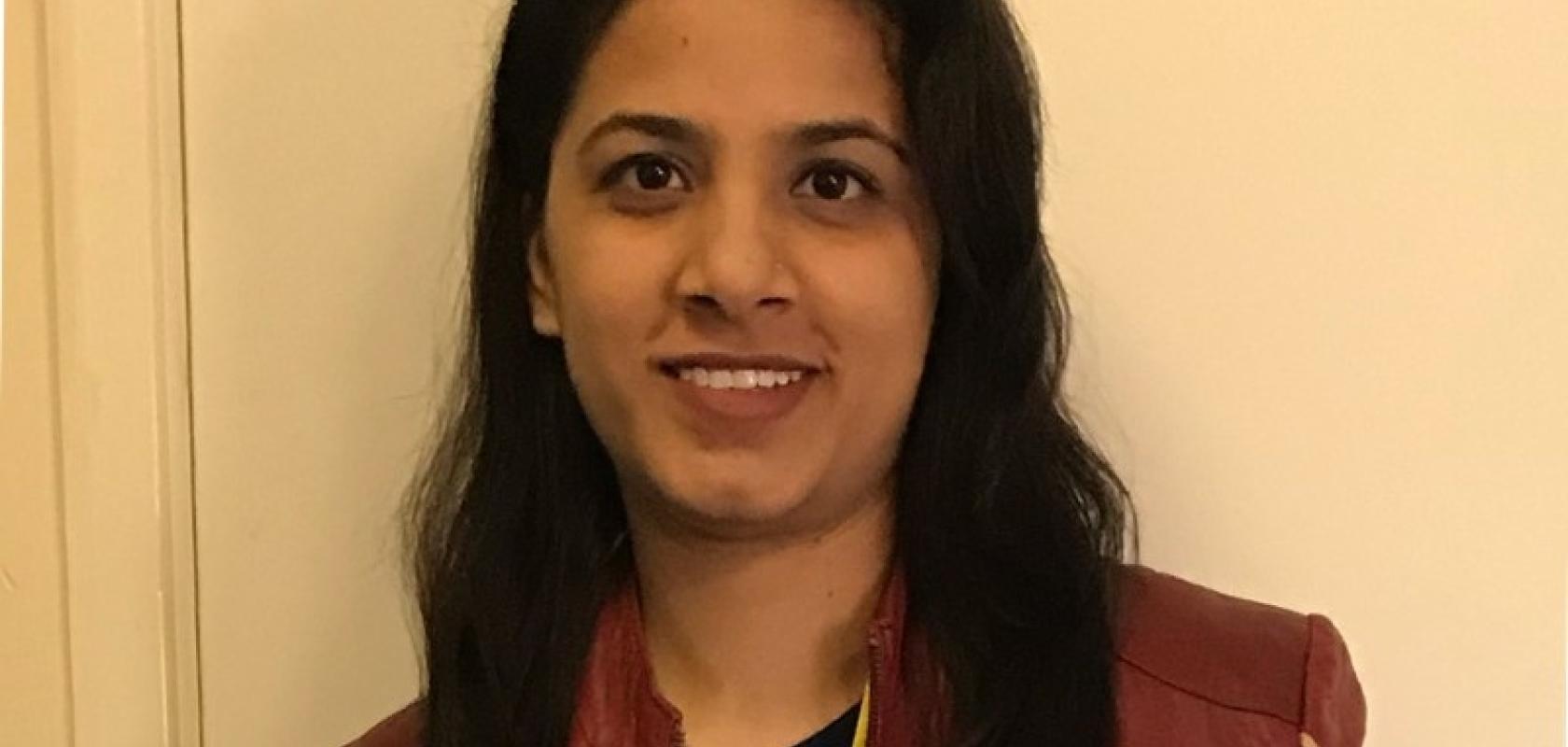For the photonics industry to attract – and retain – the best talent, answering this question is critical.
That’s why, for the Day of Photonics on 21 October, Electro Optics spoke with people at the start of their careers.
We're looking to find out what’s important to them in their work – and how photonics organisations can meet their needs.
Fourth in this series is Kiranti Krishan, Photonics Graduate Engineer, Rockley Photonics
When did you first hear about photonics and how did this lead you to what you’re doing now?
When I was studying for my bachelor's degree in telecommunication engineering, we had a module on fibre optics. So that's when my fascination started about how signals travel using light and how the information is passed from one point to another. So I started looking for master's programmes in fibre optics. Photonics then came into my search list, which led me to starting my Master's in Photonics on an Erasmus scholarship.
During this time, I studied subjects such as semiconductors, lasers, data transmission and so on, and how we can use them in different applications, such as the medical industry. That’s the reason I chose my master's project to be on biosensors. It was something which really fascinated me – that I can measure, for example, glucose, blood pressure, things like that, with this teeny tiny device, and I can get the results in real time. I don't have to wait for days for the results to come back. That’s when I noticed what Rockley was doing. I'm motivated and enjoying my work here.
What about the job excites you?
At the moment, I am in the packaging department. We are essentially assembling wafers. When I first started I didn’t know we could assemble chips on a wafer level. So that is really cool. There are a lot of different types of designs coming up that we're packaging, while also making sure that the power output remains the same, which I really enjoy and keeps the job interesting. In the future, I would like to explore more on the designing part because during my Master's I was also designing some of the optical parts.
I’m still in the learning phase, and at the moment I’m learning how to use different types of software that can help me analyse data better. So this keeps me motivated, to be able to work on my software skills to not just get the data I want but also will give me the expertise and skills to pursue the design aspects of this role in the future – I will be able to make decisions that are logical, not just out of instinct.
Based on your experience, how can we get more young people interested in engineering?
I think that if I was introduced to more of these subjects during my Bachelor's, I would have known at an earlier stage that I wanted to pursue photonics. I think if we can include more courses in our academic curriculum, which include practical examples of how, for example, light travels, then it would make it clearer to students that this is in fact a whole field one can study and enjoy.
In terms of the industry, I think it would be good to relay to students and young people how photonics is used in society – for example the types of products and applications involving photonics, and how these products impact everyday life. I think this would motivate students to want to pursue photonics study or careers.
Another factor affecting young people is visas. I come from Pakistan, and there are a lot of people in Pakistan and surrounding countries with technical backgrounds who really want to pursue engineering careers. But they need to be sponsored for a visa in the UK, which can be a barrier because the process is quite challenging and complicated. If this process was made easier, it would attract more talent from abroad.


